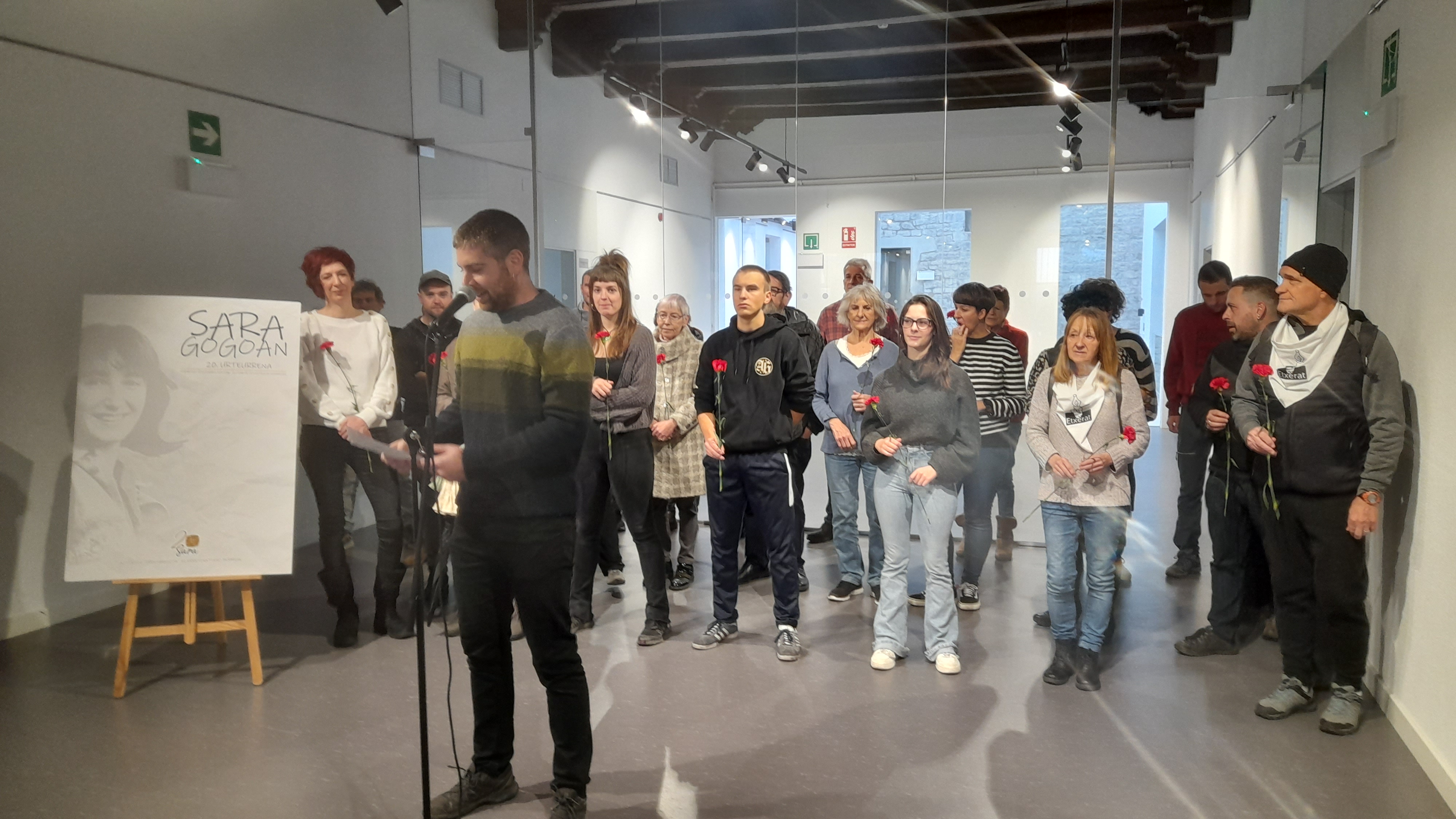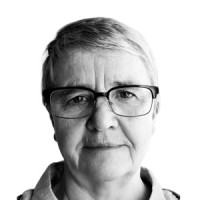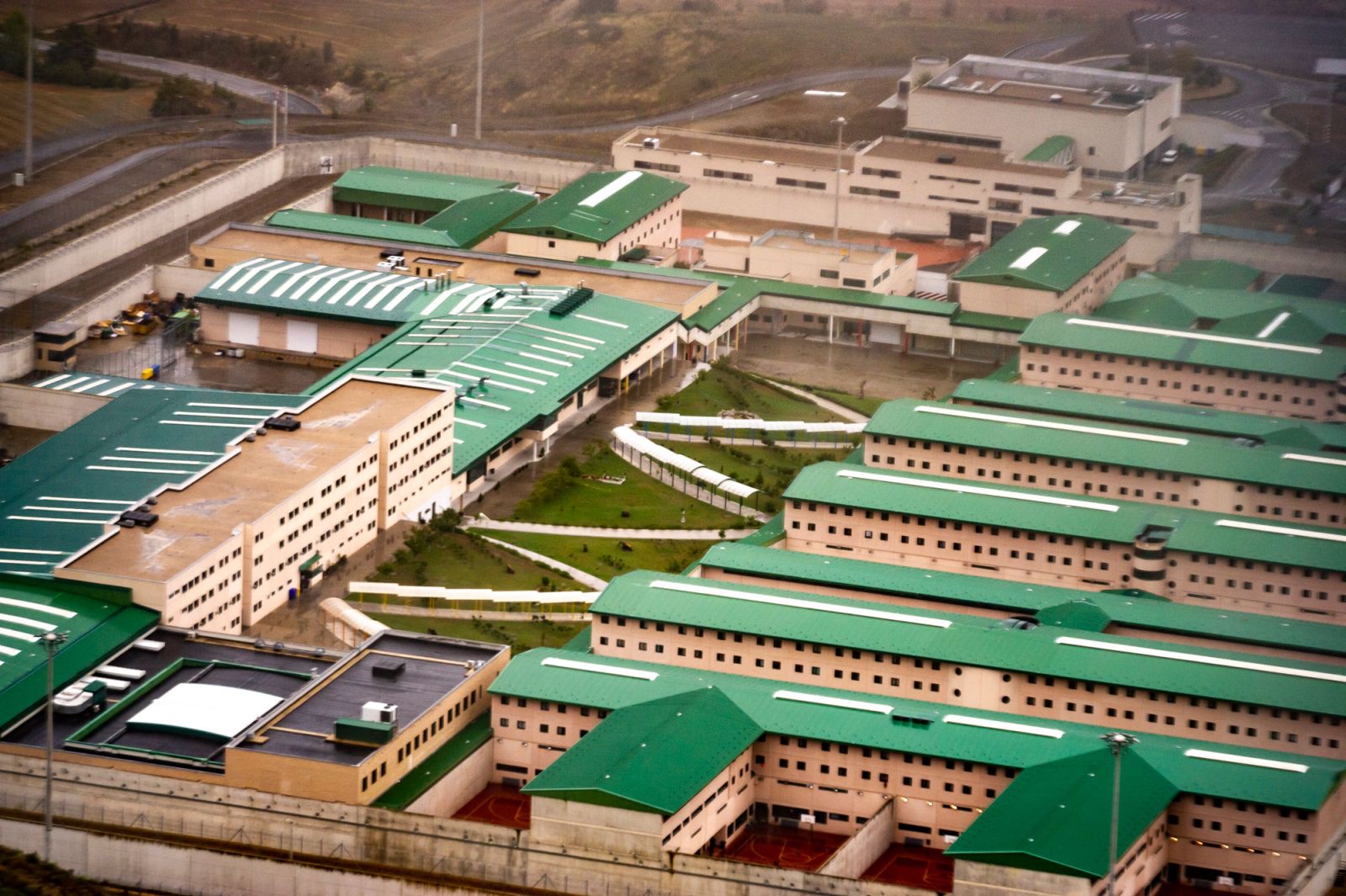"We have experienced the delivery and/or caching of sweets by officials"
- Since childhood they have known what is the dispersion of Uztai Largatxa Ramila and Ainhoa Ayesta Fernández (Laudio, 1993). Ainhoa's uncle has been in jail until she is 20 years old. On the other hand, Uztai is the grandson of Pili Arzuaga (the first person killed by the dispersion together with Fontso Isasi) and has known his father in prison from his birth until the age of six.
You've both had to walk a lot of miles to visit your relatives in your childhood. How do you remember those days?
More places to stay in Ayesta: I don’t remember my childhood well. You know, I used to do a few trips, but I didn't understand why. In my case, I knew that my uncle was in jail, but I knew nothing about the situation in the Basque Country. I was going, visiting, but I didn't understand anything.
More places to stay in Largatxa: I do remember a lot of things. But the truth is that at first you don’t understand anything. I knew that my father was “the men of Madrid” in Santoña, that was the “official version” of my house. I remember that I thought it was a bittersweet situation. I have lived the tides, the tiredness, the fact that I didn’t want to go back any more... but on the other hand, it has a sweet side because as a child you want to enjoy: with your father, with your family, with your friends... my friends have also come with me to visit my father, who was an incredible expedition.
Is it hard to explain to friends and class members at the age of five that you have to go to visit your father or uncle?
More places to stay in Ayesta: The cases of me and Uztai are very different. It's not the same whether you're in jail as your father or your uncle. I used to go to visit my uncle six times a year. For me, in that sense, it was not difficult to explain it to the classmates. My friends understood that my uncle was in jail.
More places to stay in Largatxa: The class members understand the same as you do: that your father is not at home, and that is why you are going to visit him.
As you grew older, you’d understand more.
More places to stay in Largatxa: As you get older, you understand how things are. That your mother doesn't drive, that a relative takes care of it, that sometimes you stay there to sleep... but you're a child, and it's like a walk for you. But as you get older, you understand that this is all a waste of money and time, both for you and for the person who has taken you.
More places to stay in Ayesta: As you get older, you understand the situation. You're capable of understanding why you have your uncle in prison... I've had it, for example, to see that childhood ignorance in my little brother once he was the boss. You see that he doesn't understand anything, and that it's hard to explain what the situation is, that it's hard to explain why you have to make all these trips, why you have to get up on a Sunday at five in the morning... basically explain all the consequences of the dispersal. But you’re slowly understanding the situation of thousands of families.
More places to stay in Largatxa: It’s different for me and Ainhoa. As a child I remember the officials giving me sweets, Ainhoa has lived kittens.
Have you had to do a lot of things to visit your relatives?
More places to stay in Largatxa: I found out later that my situation was pretty simple. My father wasn't even particularly far away. He wasn't here, but he wasn't in the furthest prison he'd ever set foot in.
More places to stay in Ayesta: During the winter we lost our visits because we couldn’t get there on time. There was a time when there was a list of ten people for six months. Because of this, his uncle could only see twenty people a year.
We also know cats. I remember that we refused to make a vis a vis because of the kittens that were implanted, but then we had to assimilate it in the next ones.
We’ve seen a thousand other problems. We were visiting, but the deal wasn't right, two hundred miles to go and so much to go back... you put your life at risk. Dispersion involves both psychological and physical suffering. Also, in recent years, my grandmother couldn’t visit her son because she couldn’t make the trip.
Family members have often mentioned that dispersion should be framed within the framework of the “state’s vengeance policy.” What role do children play in this “policy of vengeance”?
More places to stay in Largatxa: I don't think there's any special markings on the kids. The state considers the committed part of the Basque society as the purpose of its policy, in general, with the presence of what is in it. Even my grandmother couldn’t visit my father in recent years, which was “close”. This is a huge torture, just as it is a torture for the child not to have a father or mother at home. There is no singular purpose, it is considered collective in general.
More places to stay in Ayesta: It is a collective revenge that affects all the relatives and friends of an inmate equally. But in the case of children, what we have already mentioned happens: children experience this revenge of the state differently because the situation is not well internalized. A child does not understand why his father is not at his side, while an adult knows the reasons for this.
More places to stay in Largatxa:The “dart” is the same for everyone, but it will not hurt an adult or a child the same.
This interview has been published by Aiaraldea Gau and brought to LUZ thanks to the license CC-by-sa
On 25 March, the dispersal of Basque prisoners officially ended. According to the head of the El País line, "34 years later, the Spanish Ministry of the Interior has put an end to the dispersion of ETA prisoners". The Basque media also reported the date, while political parties... [+]
Etxarri Aranazko Jon Gurutz Maiza Artola preso politikoa Frantziako Estatuko Lannemezaneko espetxetik (Euskal Herritik 330 kilometrotara) Donostiako Martuteneko kartzelara hurbildu dute, Etxeratek zabaldu duenez.
Garazi Abrisketa (Zollo, 1988) eta Aitana Izagirre (Zollo, 1993) Mirentxin Gidariak ekimenaren parte izan dira eta euren esperientzia azaldu dute, baita taldearen disoluzioak utzi dien sentsazioa ere.




















